This year while playing shortstop I had a detrimental non-contact injury involving my elbow and Ulnar Nerve.
I fielded a ground ball and went to throw it to first base when I felt a snap in my elbow and lost feeling in my pinky and ring finger. I fell to the ground with a sharp, tingling pain in my elbow.
With this injury, I was looking at roughly 10-14 month recovery if the nerve was torn. This immediately halted my plans for the season, putting me in a state of hopelessness.
It was hard to overcome this injury and keep hope, but it taught me so much. Having to go to the ER late at night, to multiple MRI’s, to sitting on the bench supporting my team in a dark time was hard, but I recovered and was able to play again after three weeks.
This experience taught me that you can be a team player on and off the field, and if you keep pushing and hoping for the best, things start going your way. This injury has taught me to make sure I don’t let things I can’t control affect my happiness and to always make sure I take care of my mental health.
My story is just one example of the power of sports in people’s lives.
Playing sports offers a multitude of benefits, including physical, mental, emotional and social aspects.
Sports promote physical fitness and overall health. Additionally, regular participation helps in maintaining a healthy weight, improves endurance, strength, flexibility and coordination.
But participation in sports doesn’t just help with the physical aspect of one’s life, they help with mental health as well. When athletes train or compete, they can set aside the drama going on in their lives.
Director of Athletics Ryan Peters described the impact of sports on his own life.
“I started playing sports when I was four years old,” he said. “I played soccer… I was a wrestler, played football, ran track and cross country. I grew up playing sports all the time, that’s all we did. I became extremely competitive from the age of 4 and 5, and it made me who I am.”
Peters feels that growing up with a competitive group of athletes made him a stronger athlete as well.
“I grew up in a really cool era where we had 90 kids in our class and 10 of them went to division one colleges,” he said. “We were legit; we were very competitive against each other… our goal was just to be better than everybody else and we were really good.”
“I do think that time period shaped my entire life,” he added. “I have been a competitive wrestler since I was 5 years old. I was wrestling national tournaments, so I think it drove me and made me who I wanted to be.”
Growing up in a community where children have the opportunity to get involved in sports from a young age, and where sports are valued, can play a pivotal role in shaping identity and aspirations of athletes.
Personally, starting sports early tremendously helped me shape my identity in a way that would not have been possible otherwise because it has given me so many friendships, memories and life lessons.
According to The American Psychological Association, a 2019 study found that participation in team sports can help young people overcome adverse childhood traumas.
“Those who played sports in adolescence were less likely to ever have had a diagnosis of depression or anxiety or to have current depressive symptoms, ” the study found.
Another benefit is that sports offer opportunities for social interaction and teamwork. Being a part of a team creates a sense of camaraderie and cooperation, which leads to building trust and leadership. It also provides a platform for making friends, developing communication skills and learning to work with diverse personalities.
Participation in sports provides opportunities for leadership development and character building as players grow into roles of captains and coaches. Team captains learn to lead by example, inspire others and make decisions under pressure.
Sports also are the reason many people develop character traits such as integrity, sportsmanship and perseverance, which are valuable both on and off the field. Not to mention, sports also require dedication, discipline and time management skills.
By playing sports, athletes learn to balance their time between training, academics and other responsibilities such as jobs. They also learn the importance of setting goals, persevering through challenges, and striving for continuous improvement.
Baseball team captain Josh Rosenblitt, an Oakland University commit, has had very significant moments throughout his sporting career that have changed him for the better
“Sports have impacted me a lot because they have taught me how to balance being a competitor while also making relationships with people at the same time,” he said.
“During COVID, the sport of baseball was very beneficial….” he added. “It was really the only thing I was able to do during the pandemic, so having that as something that could take me off the world’s problems at the time was very beneficial.”
“Sports are great stress relievers and give people the opportunity to worry less about personal problems and focus on having fun.” Rosenblitt stated.
Josh was not alone in turning to sports during quarantine. There were fewer opportunities to compete, but those that were still available really helped people around the world stay in touch with their communities and be able to take their mind off the pandemic.
Engaging in sports from a young age can have lifelong benefits as well.
Having regular physical activity during childhood and adolescence can help establish healthy habits that will carry into adulthood, reducing the risk of health problems later in life.
Ohio ranked pitcher Ethan Malek has also gained a lot from his participation in sports.
“I think sports can be very significant for many people in many different ways,” he wrote in an email. “Sports promote physical and mental fitness. Sports also teach you teamwork, discipline and resilience. While engaging in sports teaches you mental toughness and improves confidence, one of the most significant lessons sports has taught me is the importance of resilience. Through facing challenges, setbacks, and failures in sports, I’ve learned how to bounce back, persevere and keep pushing forward. This resilience has translated into other areas of my life, helping me overcome obstacles and achieve my goals.”
Sports helps players learn how to persevere and understand how to keep pushing even when times get tough.
Athletic talent can also open up educational opportunities by helping you get into colleges and potentially get scholarships.
“For me personally I have got many opportunities to talk with many different coaches and high level athletes from a young age,” Malek said.
“I have had the opportunity to get noticed by college coaches, and it has always been a [goal to play] Division 1 baseball, for me the thought of playing at a high level baseball school has always been a goal of mine,” he wrote. “It makes me work hard every day to reach my goal and continue to focus on grades.”
Athletic scholarships can flip the script for many athletes from impoverished backgrounds, giving them access to educational opportunities they would not otherwise have access to and changing their lives for the better.
Girls soccer captain Eden Bergman says that she has learned many life lessons from sports.
“Being on a team, you truly learn so many skills that you can use on and off the field,” she said. “[Teamwork], communication and putting others before yourself are super important characteristics that being on a sports team forces you to develop.”
“Playing sports teaches people so many things they can apply to their everyday lives and use to better themselves and the people around them,” she said. “I have made many friends by being on the soccer team and [had the opportunity to talk] to girls that I usually wouldn’t get to talk to at school.”
“[It has also impacted] my physical well being,” she added. “Getting to be outside and working out benefits your physical and mental health and getting to play soccer definitely helps.”
One of the greatest benefits of participation in sports comes from the way it exposes one to adversity.
I don’t regret or wish anything went differently during the difficult time of my injury because it taught me to appreciate what I have and not take my physical health for granted. This injury also taught me how to appreciate the sport itself more because realizing that that could have been my last baseball game really took a toll on me, but luckily it was not.
Overall, playing sports is not only about competition and physical prowess but also about personal growth, social interaction and improving mental health. It contributes to the development of well-rounded individuals who are physically fit, mentally tough, socially aware, and equipped with valuable life skills.
Without the participation in sports I would not be the same person as I am today. Sports have taught me so many life lessons ranging from combating adversity to learning how to have confidence and not overthink. Sports have blessed me with incredible opportunities and memories that will forever be dear to my heart.



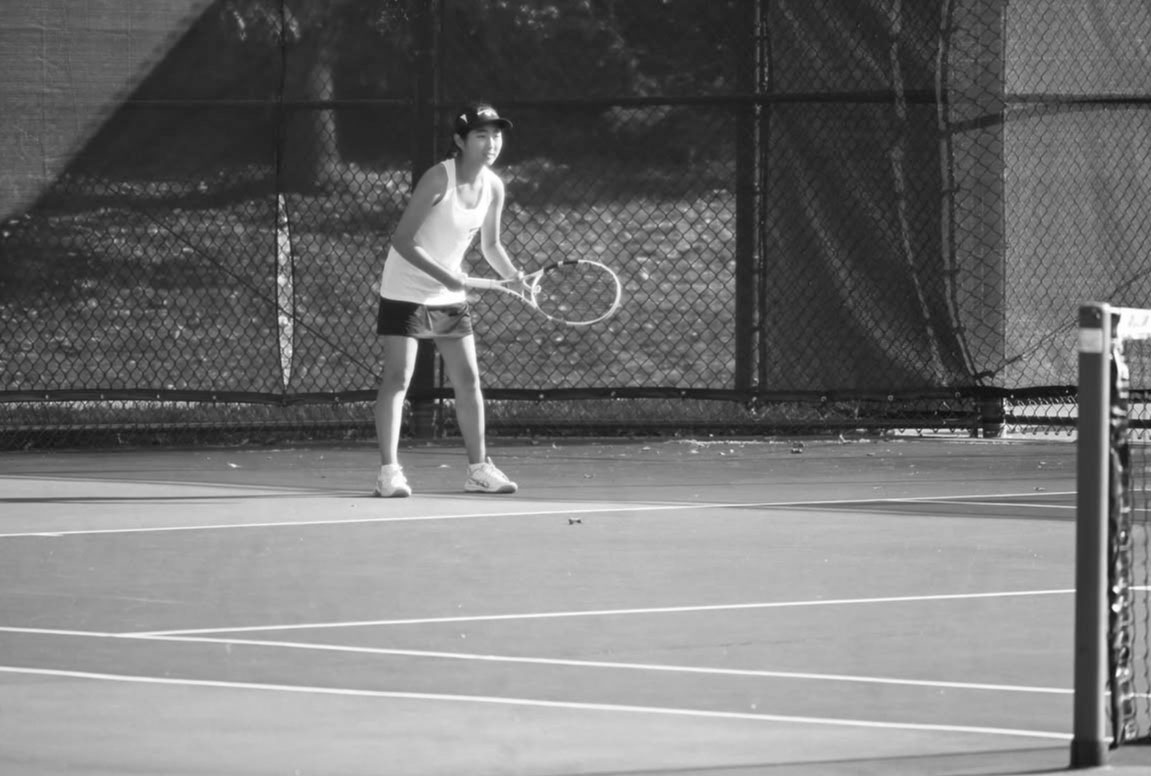

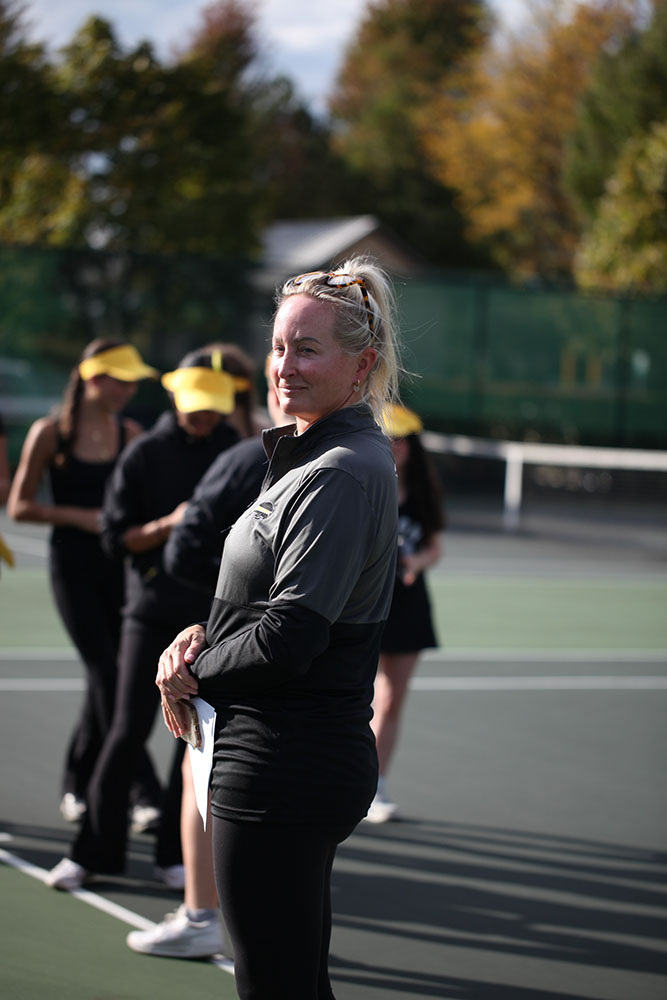
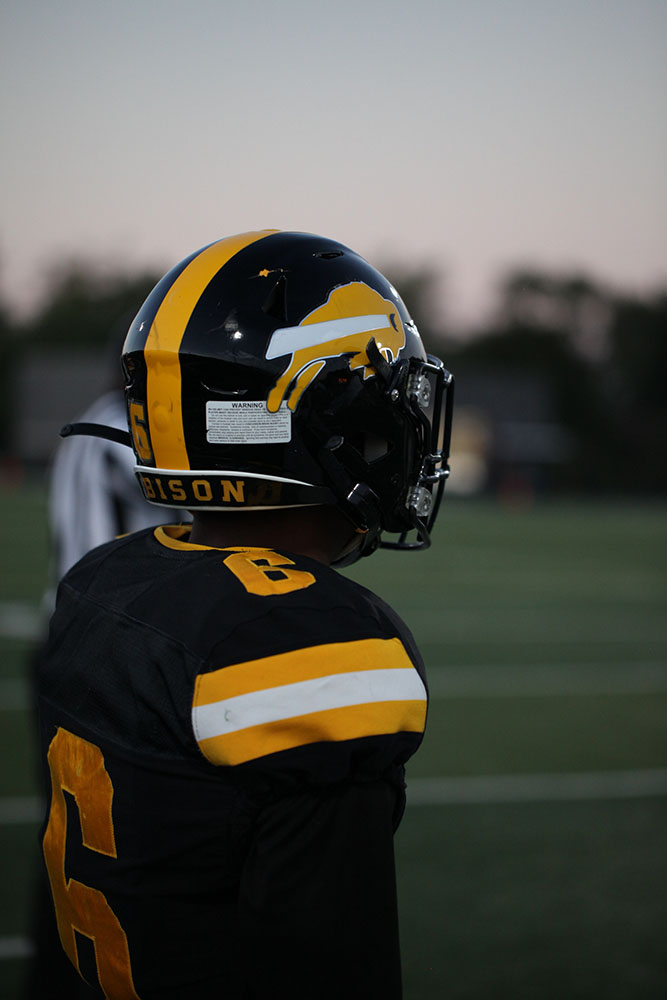
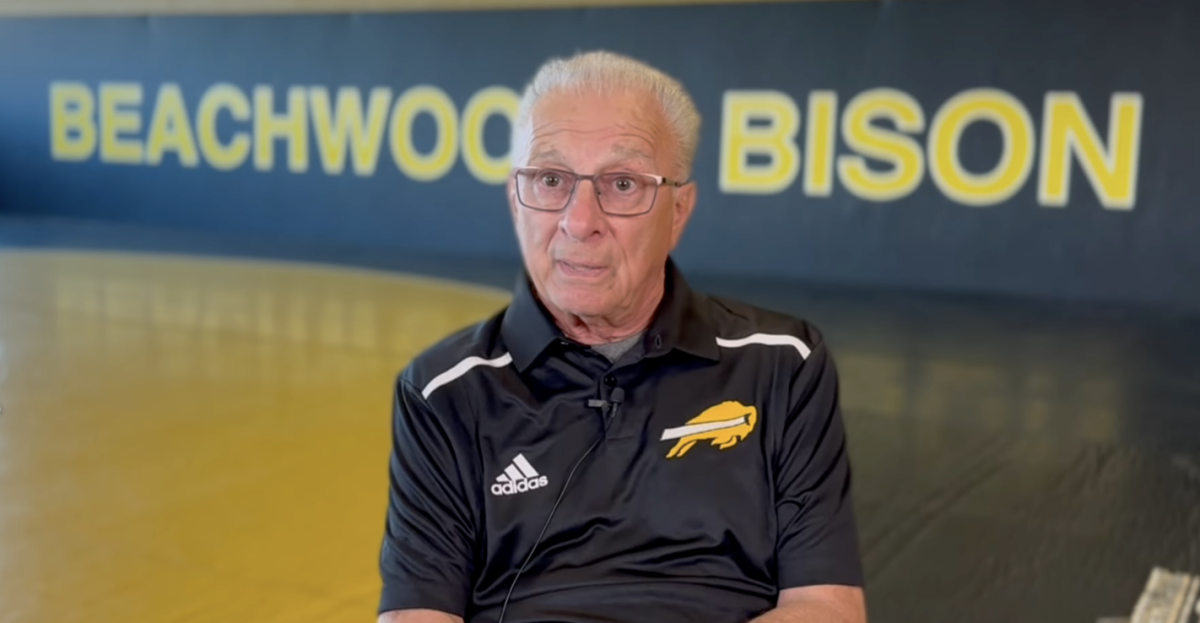


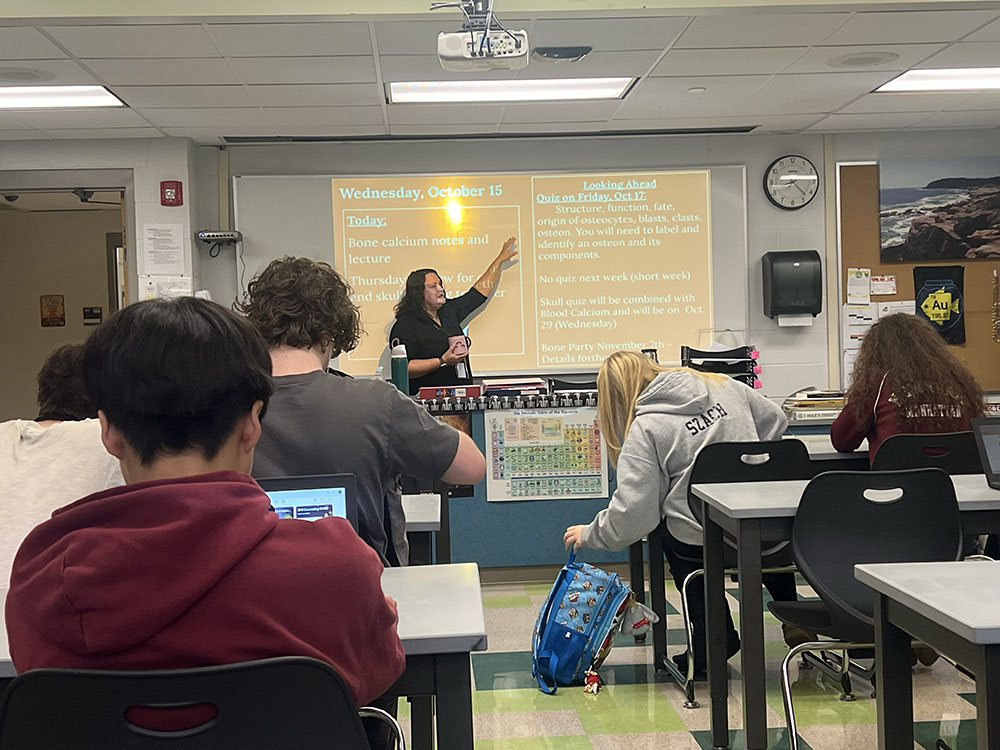

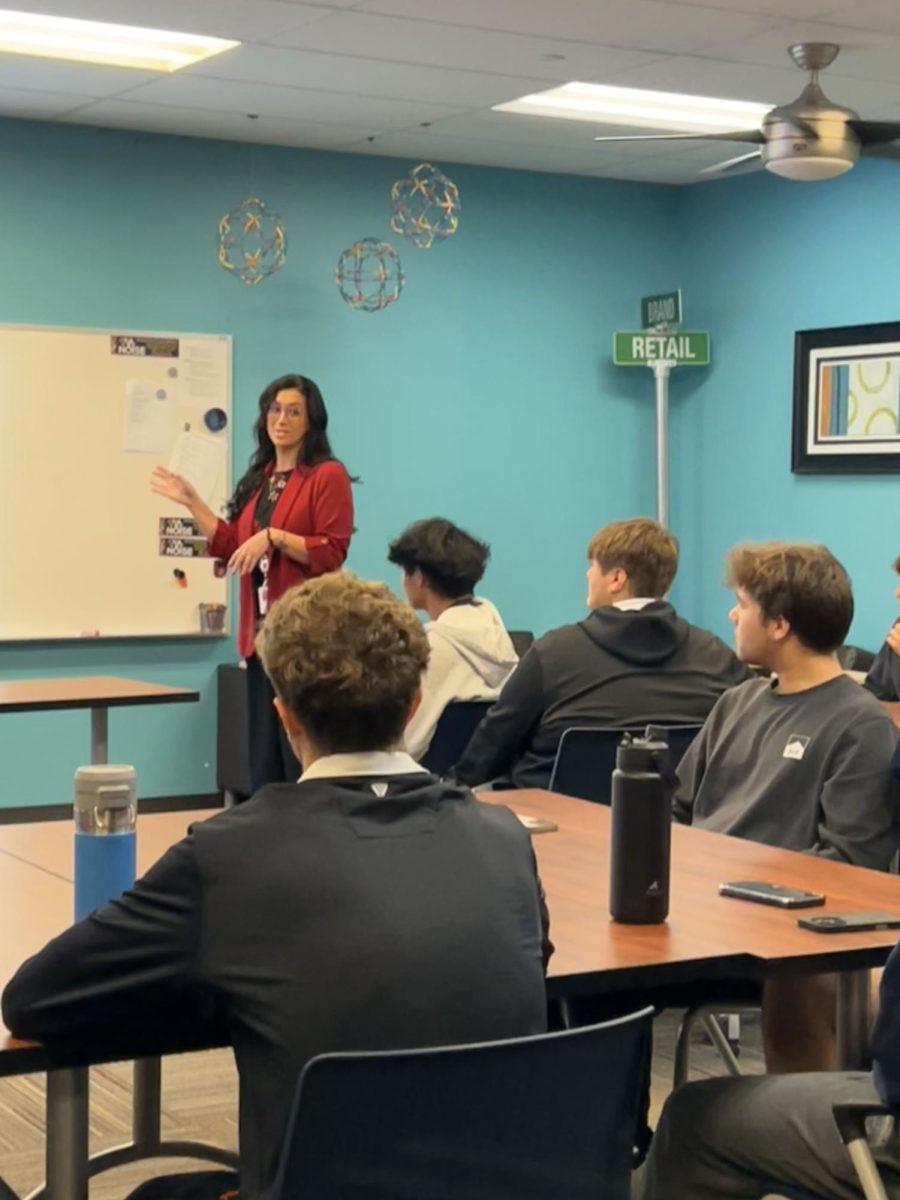
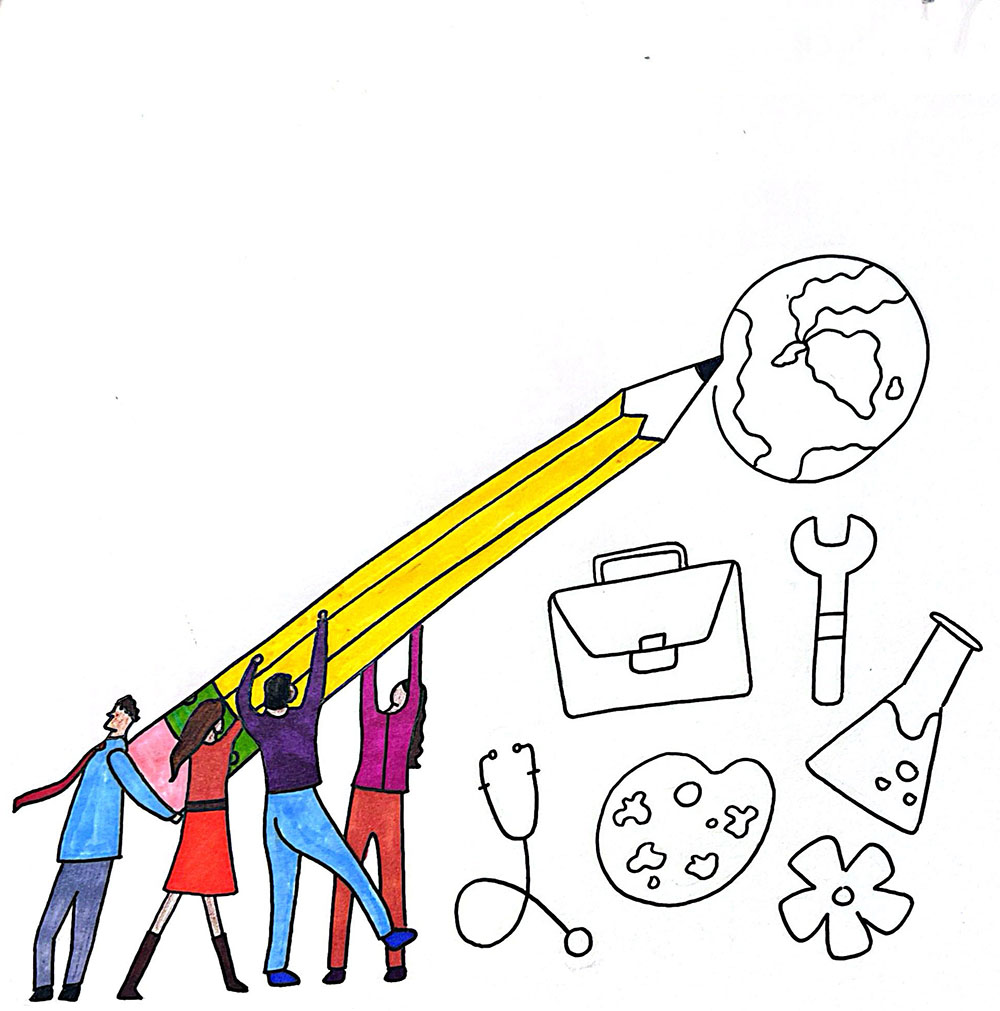
![“My parents have always said that education is important. My parents are Chinese immigrants, I'm Chinese American, [and that's a] value that has always been ingrained in our community,” said Senior Lyndia Zheng, pictured with Tony Zheng](https://bcomber.org/wp-content/uploads/2025/10/DSC_4244.jpg)